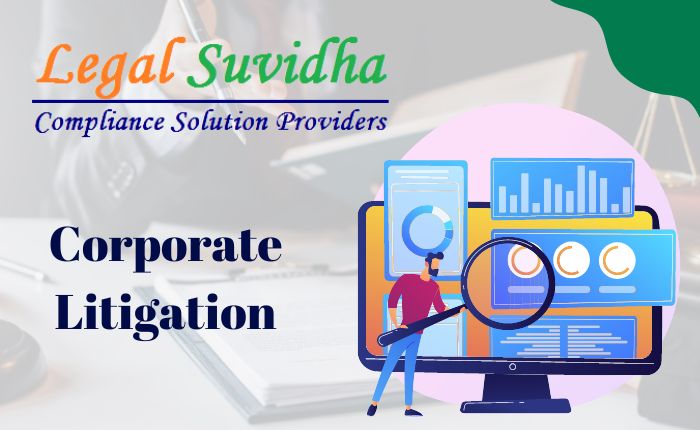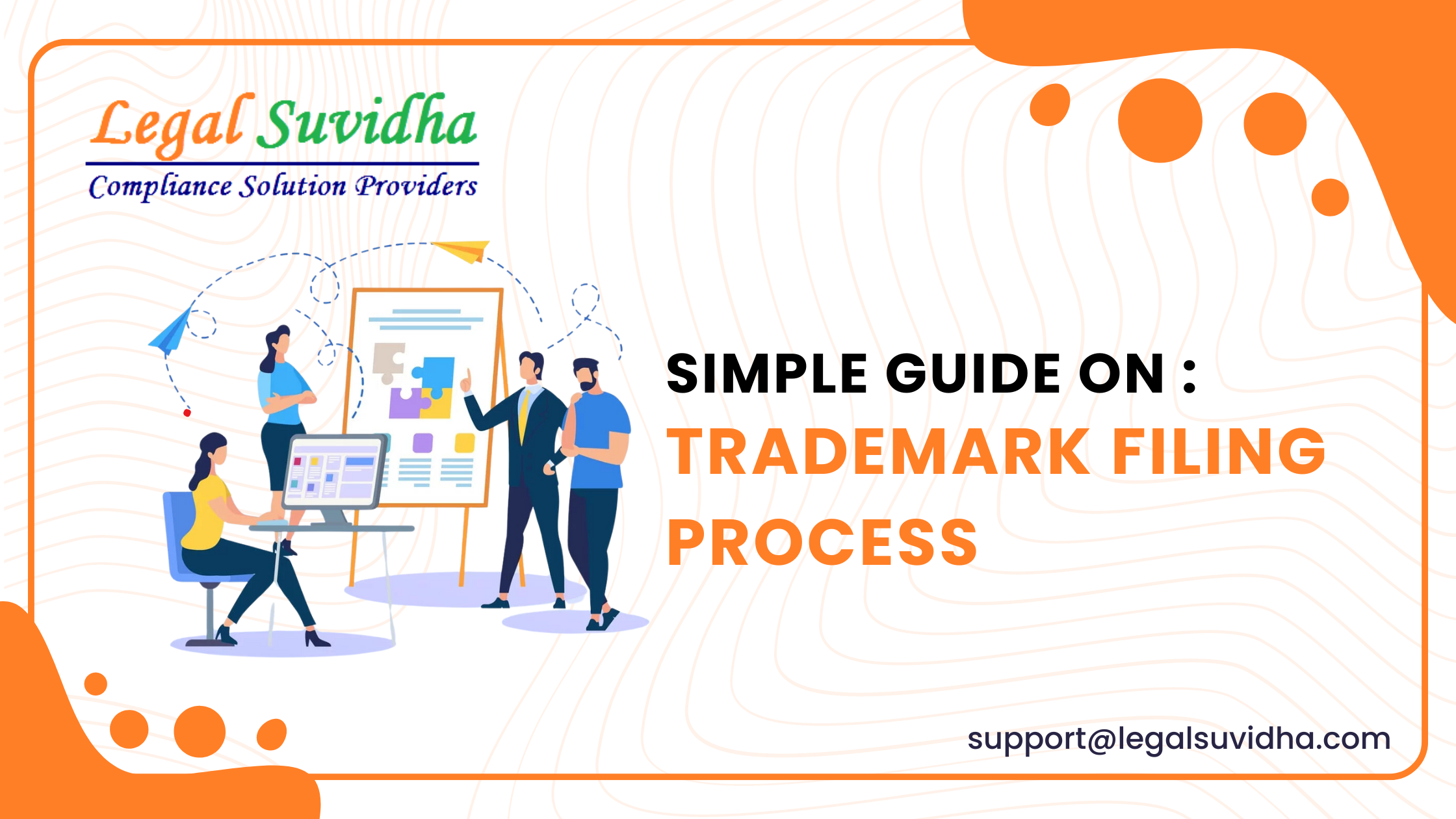Corporate litigation refers to legal disputes or controversies involving companies and their stakeholders. It can arise from a variety of issues such as breach of contract, disputes among shareholders, employment matters, intellectual property disputes, regulatory compliance, and more. Corporate litigation can have a significant impact on a company’s reputation, financial stability, and future prospects. Effective management of corporate litigation requires a comprehensive understanding of the legal issues at hand, as well as an understanding of the potential impact on the company and its stakeholders.
Board Oversight: A Key Element of Corporate Governance
Corporate boards play a crucial role in overseeing the management of a company, and their actions can have a significant impact on the outcome of litigation. The board is responsible for setting the tone at the top of the organization, and it is their duty to ensure that the company operates in a legally compliant manner.
Effective board oversight requires the board to be engaged, informed, and proactive. They should be well-versed in the legal requirements of their industry and should work closely with management to ensure that the company’s operations are in compliance with these requirements. In addition, the board should have a comprehensive understanding of the company’s risk profile and should take steps to mitigate any potential legal risks.
Auditor Responsibility: Ensuring the Accuracy of Financial Reporting
Auditors play a critical role in ensuring the accuracy of a company’s financial reporting, and their work is essential in helping to prevent corporate fraud and financial misconduct. The auditor’s responsibilities include reviewing the company’s financial statements, assessing the effectiveness of its internal controls, and identifying any areas of risk.
Auditors are also responsible for ensuring that the company’s financial statements comply with generally accepted accounting principles (GAAP) and other regulatory requirements. In addition, auditors should be independent and objective, and should not have any conflicts of interest that could compromise their objectivity.
The Impact of Board Oversight and Auditor Responsibility on Litigation
When a company faces litigation, the effectiveness of its board oversight and auditor responsibility can have a significant impact on the outcome of the case. If the board has failed to exercise proper oversight, or if the auditor has failed to identify material misstatements in the company’s financial statements, the company may be held liable for damages.
In addition, the board and auditor may themselves be subject to legal action if their actions or omissions contributed to the company’s legal difficulties. Therefore, it is essential that companies take a proactive approach to corporate governance, and ensure that their boards and auditors are effective and engaged.
There have been several recent corporate litigations in India that have garnered attention. Here are a few examples:
- Tata-Mistry case: In 2016, Cyrus Mistry was ousted as the chairman of Tata Sons, one of India’s largest conglomerates. Mistry subsequently filed a legal challenge against his removal, alleging mismanagement and oppression by the Tata Sons board. The case has gone through several rounds of litigation, with the most recent ruling in December 2019 in favor of Tata Sons. Mistry has since appealed the decision.
- IL&FS case: In 2018, Infrastructure Leasing & Financial Services (IL&FS), a major infrastructure financing and development company, defaulted on its debt obligations, leading to a crisis in India’s financial sector. The government subsequently took control of the company and initiated a massive investigation into alleged financial irregularities and fraud. The case is ongoing, with several former executives and board members facing criminal charges.
- Yes Bank case: In 2020, Yes Bank, one of India’s largest private sector banks, faced a severe liquidity crisis, leading to a government-led rescue plan. The bank’s former CEO and founder, Rana Kapoor, was arrested by India’s economic crimes agency in connection with alleged financial irregularities and money laundering.
- Infosys case: In 2019, anonymous whistleblowers alleged that Infosys, one of India’s largest IT services companies, engaged in accounting irregularities and unethical practices. The company’s board initiated an internal investigation and found no evidence of wrongdoing, but the allegations prompted a sharp drop in the company’s share price and raised concerns about corporate governance.
These high-profile cases illustrate the importance of effective corporate governance and risk management in India’s business landscape. They also highlight the role of regulatory authorities and the legal system in holding companies and their leaders accountable for their actions.
The Role of the Board of Directors in corporate governance and Oversight
- The board of directors has a crucial role in ensuring effective corporate governance and oversight.
- One of the key responsibilities of the board is to oversee the management of the company and ensure compliance with laws and regulations.
- The board is also responsible for setting the strategic direction of the company and making important decisions related to operations and financial performance.
- To carry out its responsibilities effectively, the board must be independent, diverse, and accountable to shareholders.
- Independent directors bring an objective perspective and help ensure that management acts in the best interests of shareholders.
- Diverse directors bring varied experiences and perspectives to the boardroom, which can improve decision-making and drive innovation.
- The board is responsible for overseeing the company’s risk management processes and ensuring the implementation of adequate internal controls to prevent fraud and other financial misconduct.
- This includes ensuring that financial statements are accurate and that policies and procedures are in place to prevent and detect fraud.
- Overall, the board of directors plays a critical role in promoting transparency, accountability, and ethical behavior within the company, which can help build trust with stakeholders and reduce the risk of corporate litigation.
The responsibilities of auditors in ensuring financial reporting accuracy
Auditors play a vital role in ensuring the accuracy and reliability of a company’s financial reporting. Their responsibilities include:
- Reviewing the company’s financial statements and verifying that they are accurate and comply with applicable accounting standards and regulations.
- Conducting an audit of the company’s financial records, including examining transactions and supporting documentation, to ensure that they are properly recorded and reported.
- Assessing the company’s internal controls, including processes for identifying and addressing fraud risks, and making recommendations for improvements.
- Evaluating the company’s overall financial health and performance, and identifying any significant financial risks or issues that need to be addressed.
- Preparing an independent auditor’s report that summarizes the results of the audit and provides an opinion on the accuracy and reliability of the company’s financial statements.
- Communicating any significant findings or concerns to the company’s management, board of directors, and audit committee.
Overall, auditors play a critical role in ensuring the integrity of a company’s financial reporting and promoting transparency and accountability. By performing their responsibilities with diligence and objectivity, auditors help to build trust with stakeholders and reduce the risk of corporate litigation.
Common types of corporate litigation
Corporate litigation can take many forms, but some of the most common types include:
- Contract disputes: These can arise when one party breaches a contract or when there is disagreement about the interpretation of contract terms.
- Shareholder disputes: Shareholders may bring lawsuits against a company or its directors and officers for actions that they believe harm their interests, such as breaches of fiduciary duty, mismanagement, or fraud.
- Employment disputes: These can include wrongful termination, discrimination, harassment, and other employment-related claims.
- Securities litigation: This involves lawsuits brought by investors who have suffered losses due to alleged violations of securities laws, such as insider trading, accounting fraud, or misrepresentations in financial statements.
- Intellectual property disputes: Companies may litigate over patents, trademarks, copyrights, or trade secrets, often to protect their competitive advantage.
- Antitrust litigation: This involves claims of anti-competitive behavior, such as price-fixing, monopolization, or collusion.
- Regulatory investigations: Companies may face litigation or enforcement actions from government agencies over violations of laws or regulations, such as environmental, consumer protection, or anti-corruption laws.
These are just a few examples of the types of corporate litigation that companies may face. Litigation can be costly and time-consuming and can damage a company’s reputation, so it is important for companies to take steps to minimize the risk of litigation and to manage any disputes that do arise effectively.
Emerging trends in corporate litigation
Corporate litigation is constantly evolving as businesses adapt to changing economic, social, and technological landscapes. Some emerging trends in corporate litigation include:
- Cybersecurity and data breaches: With the increasing reliance on digital technology, companies face a growing risk of cyber-attacks and data breaches. As a result, corporate litigation related to cybersecurity and data privacy is on the rise.
- Environmental and social responsibility: Many companies are facing legal challenges related to their impact on the environment and society. This includes lawsuits related to pollution, climate change, and human rights abuses.
- Shareholder activism: Shareholders are increasingly using litigation as a tool to hold companies accountable for their actions. This includes lawsuits related to executive compensation, mergers and acquisitions, and other corporate governance issues.
- International disputes: As companies expand their operations globally, they face a growing risk of litigation in foreign jurisdictions. This includes disputes related to international trade, intellectual property, and human rights.
- Alternative dispute resolution: Traditional litigation can be time-consuming, expensive, and unpredictable. As a result, many companies are turning to alternative forms of dispute resolution, such as arbitration and mediation, to resolve legal disputes more efficiently.
Overall, these emerging trends highlight the need for companies to stay vigilant and proactive in managing their legal risks. By implementing effective risk management strategies and staying informed about emerging legal trends, companies can reduce their exposure to corporate litigation and protect their long-term viability.
If You have any queries then connect with us at [email protected] or you can contact us & stay updated with our latest blogs & articles.









